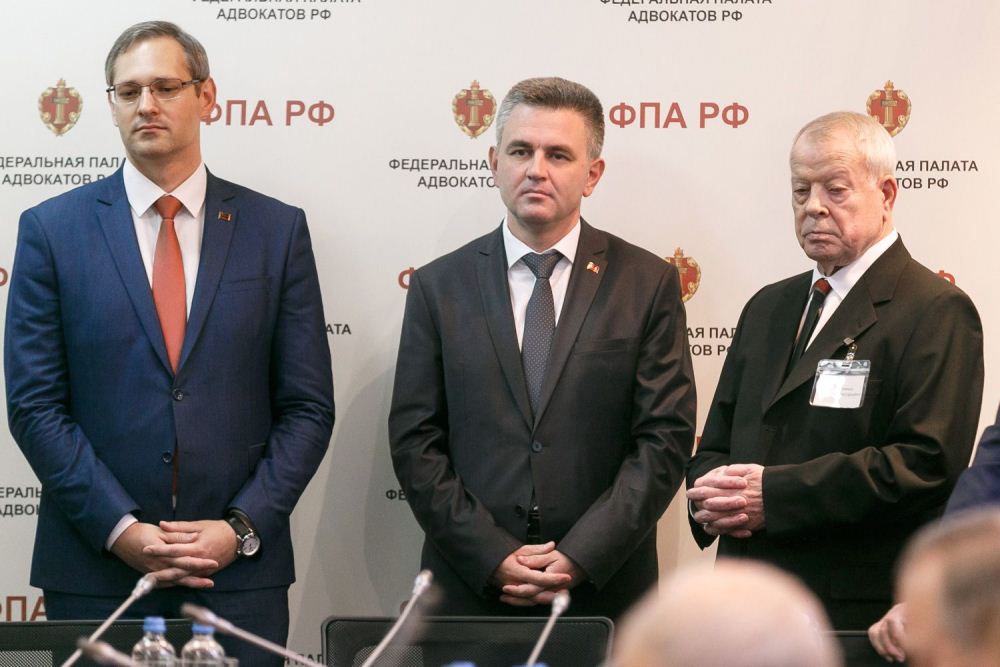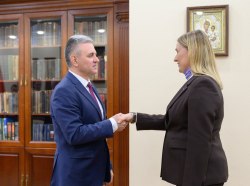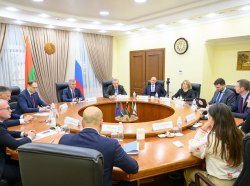Tiraspol, 21 November. /Novosti Pridnestrovya/. The Pridnestrovian Moldavian Republic is a developed state that lives under very difficult conditions, President Krasnoselsky said during a round table in Moscow.
"We need help of course, but it isn't shameful because we are on the path of reforming our economy, reducing the tax burden on our taxpayers. We export goods to 70 countries of the world: 35% of our exports go to the EU; 12-13% to Russia; roughly as much to Ukraine; up to 40% to Moldova (thanks to electricity supplies). We are not an energy appendage. It is important to understand. What do we export? We have the following industrial clusters: heavy industry, foundry industry, instrument production, light industry, agriculture and, of course, small and medium-sized businesses. We are very close to self-sufficiency, but we only need some help. Who can we ask for assistance? Only our guarantor, our ally — the Russian Federation," noted the president.
Krasnoselsky explained why Pridnestrovians gravitated towards Russia and why the felt part of the Russian world.
"I assure you if you visit Pridnestrovie, you'll feel what the Russian world means for Pridnestrovie and what Pridnestrovie means for Russia today. There are people of 32 nationalities in Pridnestrovie, but there are no titular nations. That is, all are equal. We have three official languages — Russian, Moldavian and Ukrainian, but each representative of 32 nationalities can speak its own language. There are people of 200 nationalities in Russia, and they can speak the language they like. So, spiritually, mentally, internationally, if you like, we are close to Russia. And that is the essence of the Russian world, where people of different nationalities, denominations, cultures and traditions can live under the same roof. This is our commonality, not to mention the common historical roots," concluded the president.
The international round table "The political and legal grounds for international recognition of Pridnestrovie" was held in Moscow at the Federal Chamber of Lawyers. Representatives of the Russian and Pridnestrovian authorities, lawyers, historians, political scientists and public figures took part in the international discussion.








